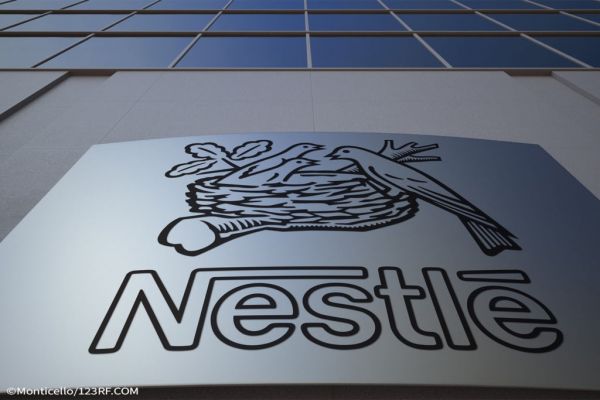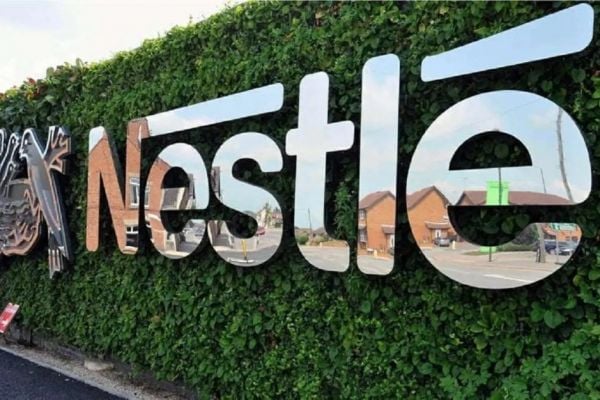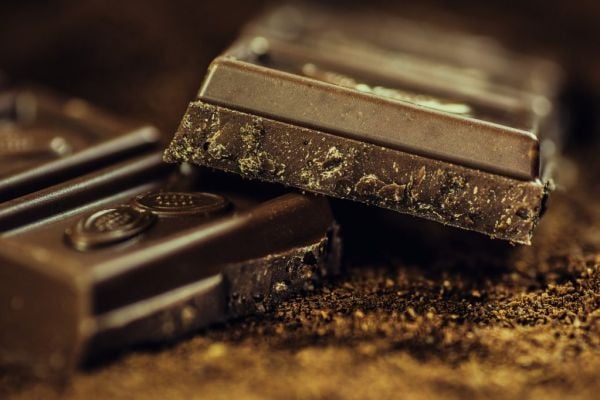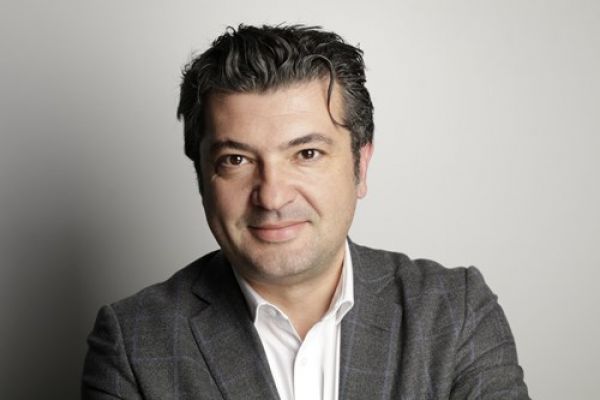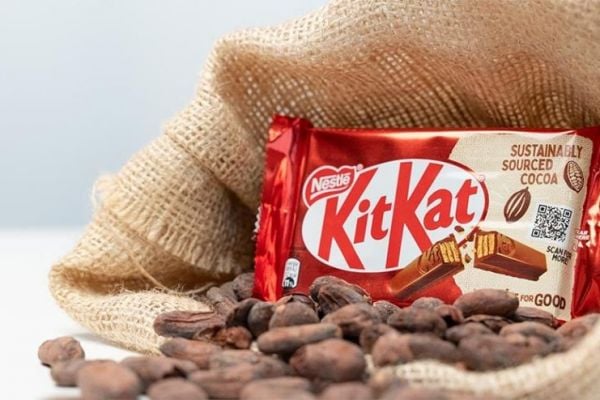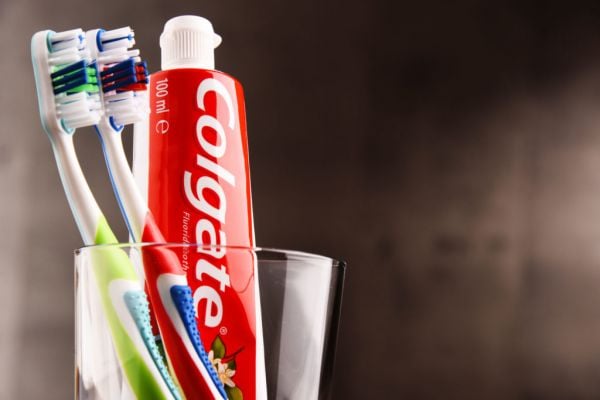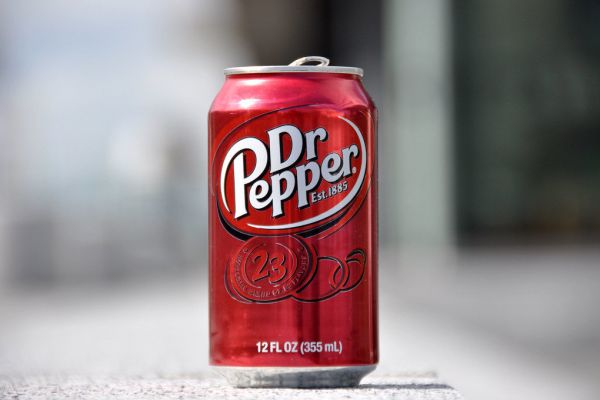Food giant Nestlé has divested Palforzia, its peanut allergy treatment business, to biopharmaceutical firm Stallergenes Greer.
The deal to sell the business follows Nestlé's announcement last year that it was undertaking a 'strategic review' of Palforzia.
In a statement, Nestlé said that it would receive milestone payments and ongoing royalties from Stallergenes Greer.
The value of the transaction has not been disclosed.
'Focus On Key Strengths'
"We are confident that Stallergenes Greer will take Palforzia forward and ensure this unique treatment supports patients around the world," said Greg Behar, CEO of Nestlé Health Science. "At the same time, the divestiture allows Nestlé Health Science to focus on its core strengths and key growth drivers."
There will be a customary transition period to ensure business continuity and give patients uninterrupted access to the treatment, the company said.
Nestlé acquired Palforzia through its takeover of Aimmune Therapeutics in 2020 – at the time, Behar described the deal as bringing together "Nestlé's nutritional science leadership with one of the most innovative companies in food allergy treatment".
Peanut Allergy
According to Stallergenes Greer, the transaction strengthens its position in the field of allergen immunotherapy (AIT), adding to its portfolio of treatments for respiratory allergies.
It added that peanut allergy currently affects approximately 2% of the general population of Western nations.
"By entering the food allergy space, Stallergenes Greer becomes the first allergen immunotherapy company to offer both respiratory and food allergy treatments and demonstrates its lasting commitment to provide patients and the medical community with innovative allergen immunotherapy treatments," commented Michele Antonelli, CEO of Stallergenes Greer.
First-Half Performance
In the first half of 2023, Nestlé disclosed a 10.6% increase in earnings per share, as well as reporting organic sales figures that surpassed expectations.
Nestlé's CEO, Mark Schneider, commented that the price increases implemented in the first half of the year will see a moderation in the second half. These price adjustments will be more selective, targeting products that continue to face rising input costs, he noted.
According to NielsenIQ data analysed for Reuters by Bernstein, Nestlé, along with its competitor Danone, are among the companies in France that have witnessed product price hikes exceeding 10% this year.
